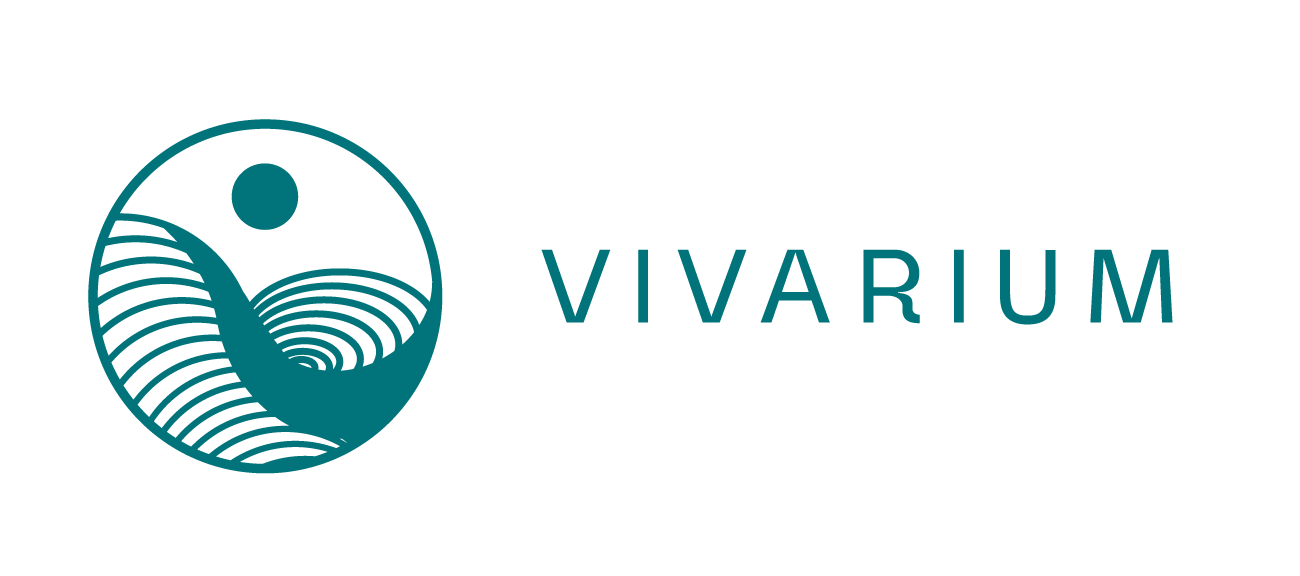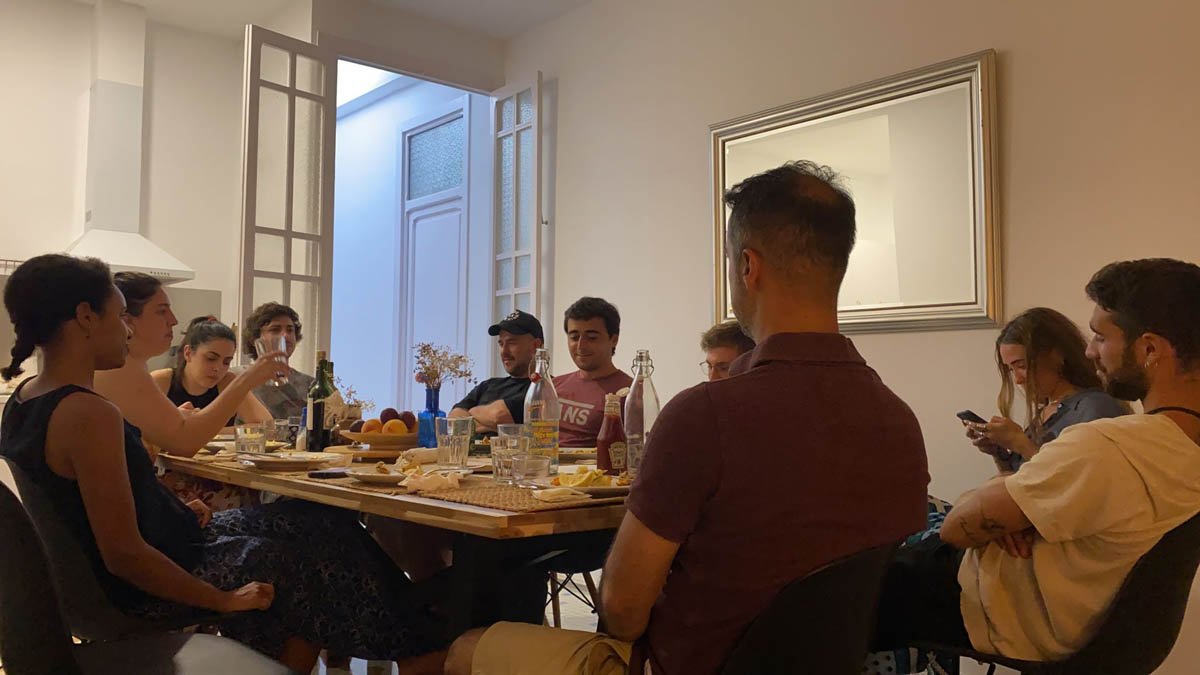4 Activities in Coliving Spaces that Support Professional Development
There are many ways in which coliving encourages professional development. We have already talked about some aspects of what it does in one of our previous articles. There, we briefly mentioned organized activities as one of the main aspects of coliving spaces.
If you read that, then you already know colivings often organize activities for their colivers or external community which help people socialize, have fun, or learn something new. Some activities are focused on the social aspect, others on developing soft skills, and some are directly focused on professional development.
Well, as a coliving that gives a lot of attention to professional development, we decided today to share our top 4 activities that directly encourage growth and learning.
Ready? Let’s dive in!
1) Skill-sharing
Skill-sharing is one of the most common activities directed at personal or professional growth in colivings. There are many ways to organize skill-sharing, as well as many topics that they can cover, so their flexibility makes them adaptable to different spaces.
When it comes to organizing, skill-share is often either a rotating activity or volunteer-based. Some coliving have skill-shares in their weekly schedules so every week, a new person presents. If it’s more irregular and not as often, it’s mostly based on who wants to volunteer.
Either way, the session typically has one or two presenters sharing one topic or skill and introducing it to others. This topic can be something that encourages personal growth like the benefits of meditation and tips on how to start with it, or more on the professional level such as how to build a social media strategy plan. There are also often sessions that help you gain financial knowledge or certain niche expertise that might come in handy both in life and business such as investing in crypto or the art of networking.
The session can last anywhere from 20-30 minutes to 1-2 hours. They can also be organized as a presentation or as a workshop.
Also, they can be more casual or more formal, open only to colivers, or to an external community as well, be in coliving or on a different location, etc. Again, it’s their flexibility that makes them so popular.
Talking from the perspective of professional development, these sessions can be an amazing way to learn hacks and tips from a different industry that you can later easily apply to your line of work.
2)Mastermind/Brainstorming sessions
Mastermind or brainstorming sessions work in the opposite direction of skill-sharing. For these sessions, typically one person presents the group with their problem, issue, or just a thing they’d like other people’s opinions on. They present their case, stating what’s the question and what they struggle with, and then the audience responds with their suggestions and tips.
Sessions like these typically have to be more guided and structured, either by having strict guidelines and a timeline for the responses and the questions or by including a skilled moderator. Without this structure or guidance, these sessions can turn into a lot of ideas thrown at the person presenting without really giving real value. When moderated or structured, participants are encouraged to give good thought to their ideas and suggestions to the presenter and have certain arguments to back that up.
Mastermind sessions can be a great way to get answers to specific situations. For example, if you're thinking of starting a business, it’s useful to receive feedback from people on your idea and see if it’s worth it, discover the best channels for marketing, or tips on how to get started.
Although mastermind and brainstorming sessions are extremely valuable for professional growth and are mostly used for that purpose, they can also be used to address any life or personal issue as well.
They typically last from 40 minutes to 2 hours and are focused on one person. Sometimes, colivings can organize speed mastermind sessions that can last for 1-2 hours in total, which focus on a few presenters.
3)Dialogue sessions
Somewhere in between the brainstorming and the skill-share are dialogue sessions. These sessions are focused on a topic of common interest which opens up a discussion about it.
A coliver or a host can propose a topic and based on the interest choose a way to approach it, then with snacks and drinks, guided by the host or a moderator, colivers can give their opinions and discuss their views.
The topics are usually some which are debatable and not black or white. They might revolve around some new concept or some everlasting philosophical topic. The idea is to broaden your perspectives and understand different standpoints, as well as explore them together and try to find new conclusions.
Dialogue sessions are not necessarily focused on developing a specific skill or receiving a specific professional knowledge, but more on opening up your mind to new concepts and learning to think outside of the box., which is very useful for new work endeavors or getting unstuck in your work.
4)Communal projects
Lastly, some coliving spaces, especially those working on supporting the local community, encourage their residents to engage in community projects that will leave an impact. These may be a workshop held in a local school, painting an old factory facade, organizing a charity event at a coliving, or anything else (it’s really up to your creativity).
Although group projects like this are not for everyone as not everyone, in smaller colivings that are locally engaged, residents tend to enjoy them.
Not only are you doing something good for the community, but you’re also participating in a fun, often creative activity with your fellow colivers. Working together on a common goal or a project is a recipe for people to bond, learn about each other, but also develop some amazing new skills. This is especially visible in a coliving where people come from all walks of life and have all sorts of different backgrounds and skill sets.
Group projects don’t always have to be connected with the local community. Sometimes, colivers can gather around an external project if they find their skill or interests match.
For example, in Vivarium, there have been a few people who engaged in writing an EU project together. In that sense, working on communal projects is not only beneficial for acquiring new skills but for compensating for some you don’t have by working with those who do.
Why do coliving spaces organize activities like these?
In conclusion, the majority of coliving spaces prioritize the personal and professional growth of their residents. These spaces are meant for working adults who are seeking meaningful connections and opportunities for progress.
It is common for coliving spaces to promote an active lifestyle and continuous personal development. Therefore, incorporating sessions and activities that support growth aligns perfectly with the goals and values of these spaces.
By offering sessions and events that inspire residents to grow, coliving spaces provide added value beyond simply offering accommodation and community.
Emphasizing growth and personal development within coliving spaces fosters a culture of continuous improvement and it encourages residents to challenge themselves, embrace new opportunities, and enhance their overall well-being. By creating an environment that supports growth, coliving spaces become more than just a place to live; they become catalysts for personal and professional transformation.


